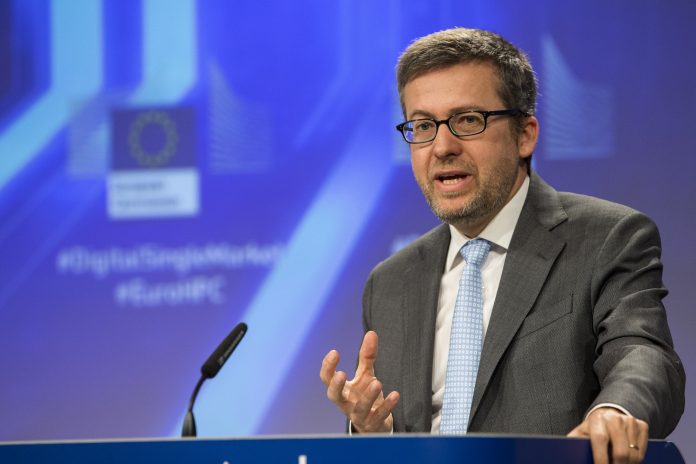The European Commission’s fresh approach to promoting research and innovation in Europe is placed under the spotlight here by Open Access Government
On 15th May 2018, the European Commission outlined the steps needed to ensure Europe’s global competitiveness, where research and innovation are concerned. In this important policy announcement, we learn that funding research and innovation is investing in the very future of Europe. This approach not only helps Europe to compete globally and preserve their unique social model, but it also enables them to improve the daily lives of millions of people in the region and all around the world, helping to solve some of the greatest societal and generational challenges.
In this vein, the Renewed European Agenda form Research and Innovation offers a set of firm actions to deepen Europe’s innovation capability and to provide lasting prosperity in the region. Commenting on this vital area of policy, Carlos Moedas, Commissioner for Research, Science and Innovation, shares his thoughts about this.
“With growing international competition, Europe needs to act urgently on research and innovation. The proposed €100 billion for the next EU research and innovation programme would be a huge boost. But Europe also needs to reform the support for breakthrough innovation through a new European Innovation Council and reconnect with citizens through a mission-driven approach to research and innovation. We need to future-proof regulations and attract more private investment, in particular in venture capital.”
Commission Vice-President Jyrki Katainen, responsible for Jobs, Growth, Investment and Competitiveness, added his own thoughts on the subject: “Europe has world-class research and a strong industrial base. But we must do better – much better – at turning that excellence into success. New megatrends, such as artificial intelligence and the circular economy, are going to bring profound changes to society and the economy. We need to act fast to be able to lead the new wave of innovation and set the standard for global competition.”
The European Commission is determined that now is time to take their ambition to the next level, indeed where research and innovation are concerned they stress that they must act now to help Europe become a global innovation powerhouse, something that the region has the potential to be.
By way of background to this notable European Commission policy ambition, it is worth considering that with 7% of the world’s population, Europe accounts for 20% of global research and development investment and produces one-third of all high-quality scientific publications. In addition, Europe holds a world-leading position in industrial sectors like chemicals, pharmaceuticals, mechanical engineering and fashion.
Europe is quite strong in sectors such as advanced manufacturing, aeronautics, pharmaceuticals, electronics, renewable energy and bio-based industries. Europe is said to have also taken strides forward in supporting innovation through key enabling technologies, such as biotechnology, photonics and robotics. Such technologies can be used and applied across many industries and are essential for addressing key challenges in society, we are told.
Having said this, we learn that Europe is lagging behind in many areas, indeed companies in the European Union are said to spend less on innovation than their competitors. Let’s take a look at the figures in this vein – Europe spends 1.3% of GDP compared to 1.6% in China, 2% in the U.S., 2.6% in Japan and 3.3% in South Korea. Also, public investment across the European Union falls short of the 3% GDP target and research and development intensity is still uneven among the regions of the EU, with investment and research efforts strongly concentrated in Western Europe.
With the European Commission’s renewed agenda for research and innovation, it’s not all doom and gloom, however. Far from it if we look at the huge opportunities and new challenges offered by technology-driven innovation, digitisation and global megatrends like artificial intelligence (AI) and the circular economy, which offer huge opportunities but also create new challenges.
Competition globally is intensifying and could impact upon Europe’s leading competitive position in key industrial sectors, but the European Commission believes that Europe must deepen its research and innovation capability to both improve and maintain the present European way of life.
http://europa.eu/rapid/press-release_IP-18-3736_en.htm
Open Access Government











